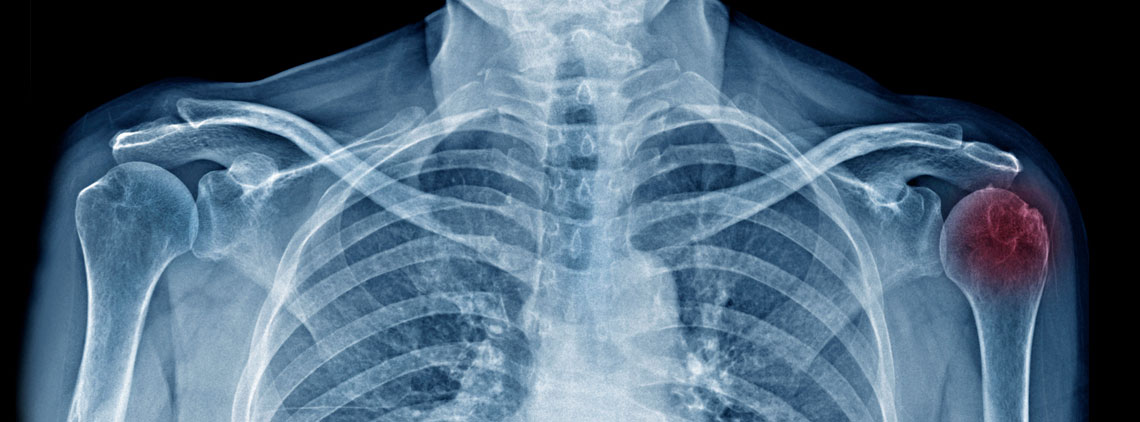
Frozen Shoulder Surgery
Overview
If you have a frozen shoulder then you might be in pain when you reach into your back pocket, the back seat of your car, or try and groom yourself. Frozen shoulder surgery might benefit you.
How to Prepare for Frozen Shoulder Surgery
Procedure
Recovery
Efficacy
Complications
Outlook
It’s unusual for a frozen shoulder to recur in the same shoulder, but some people can develop it in the opposite shoulder. Rarely do patients require additional surgery. People who suffer from a stroke, heart condition, or surgery and then remain immobile might also experience pain due to a frozen shoulder. You might also increase your chances of having a frozen shoulder if you experienced a rotator cuff injury, broken arm, or if you are recovering from surgery. Patients with diabetes, overactive thyroid (hyperthyroidism), underactive thyroid (hypothyroidism), cardiovascular disease, tuberculosis, and Parkinson’s disease have an increased risk of frozen shoulder.

